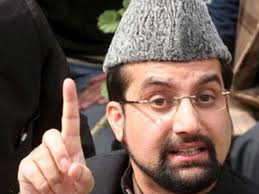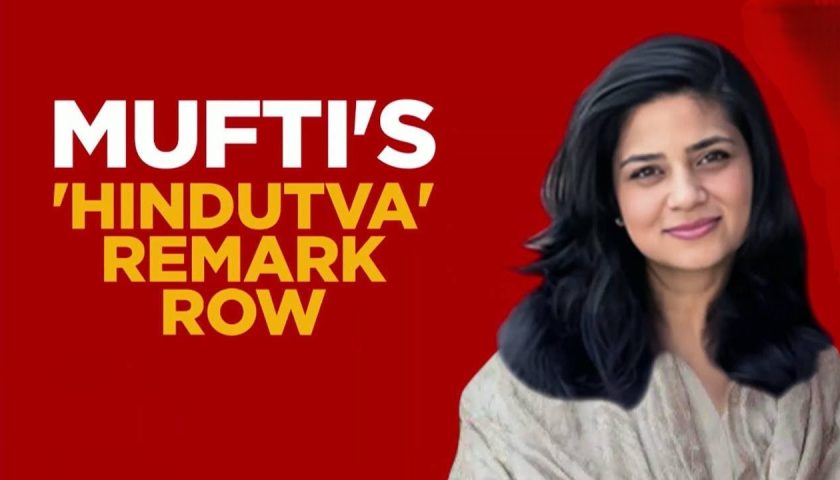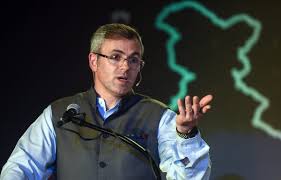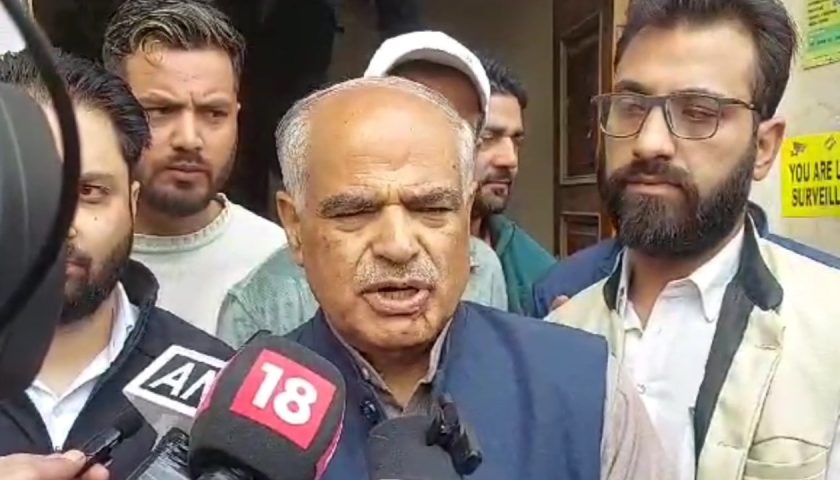Kashmiri separatist leader Mirwaiz Umar Farooq on Monday that said he favoured unconditional dialogue with the government of India but said that the best chance of success would be if it followed the Vajpayee government’s doctrine.
Farooq, who is Kashmir’s chief cleric, noted that in the Vajpayee formula “all parties were involved,” referring to the simultaneous communication that the Kashmiri separatist leaders were allowed to have with New Delhi as well as with Islamabad and counterparts in Pakistan-administered Kashmir.
“We want a mechanism to be prepared for talks where everyone is involved. We don’t want it to be just a photo opportunity,” the Mirwaiz told PTI in an interview at his home. “Let’s start the process of the talks. Let’s not bother about the results. But the process has to be sincere,” he said.
The 44-year-old Mirwaiz had welcomed talks suggested recently by Union Home Minister Rajnath Singh. However, this is the first time he has elaborated on what he thinks would make the talks successful to resolve the 70-year-old problem.
Still, his suggestion that the government go back to the Vajpayee formula is unlikely to go down well with the government because it brings Pakistan into the mix. The Mirwaiz made it clear that “all stakeholders” in Kashmir, which the home minister said the government will talk to, should include the Pakistanis and all regions of the erstwhile princely state of Jammu and Kashmir.
“All the government needs is to study the old files of that time (Vajpayee government. You can give it any name: tripartite, triangular or three way mechanism. But it is the key,” said Farooq, who became the Mirwaiz at the age of 16 following the assassination of his father Mirwaiz Farooq in 1990.
Vajpayee’s approach towards addressing the Kashmir issue came to be called ‘Vajpayee Doctrine’. The doctrine called for peace, progress and prosperity in Jammu and Kashmir by imbibing the spirit of ‘Insaniyat’ (Humanity), ‘Jamhuriyat’ (Democracy) and ‘Kashmiriyat’ (Identity of the people of Kashmir).
The Mirwaiz also emphasised that Kashmir issue is a political problem and cannot be solved militarily.
The Mirwaiz noted that Prime Minister NarendraModi in his I-day speech last month had said the Kashmir issue can only be solved by embracing Kashmiris and not by “gaalis” (abuses) or “golis” (bullets).
“It was a welcome statement and we thought the government is rethinking its Kashmir policy. However, there is no shift. In fact it has become more hardline. Vilification campaign (against separatist leaders) continues,” he said.
He said that the moderate separatists’ biggest problem is that India sees the Kashmir problem as being entirely driven by Pakistan and through the prism of cross-border terrorism. It is very difficult to get the rest of India to see the Kashmir problem through the eyes of Kashmiris who have their own aspirations, he said.
“There is no scope to engage with people of India. Even liberals in Delhi are afraid to call us. We are called stone- pelter Kashmiris…Boys are picking up guns without going to Pakistan. We need to find the cause behind it rather than blame it on Pakistan,” he said.
“There is so much pain, agony, dissatisfaction which needs to be addressed. Otherwise Kashmir will be pushed back to the 1990s when militancy was at its peak,” he said.






